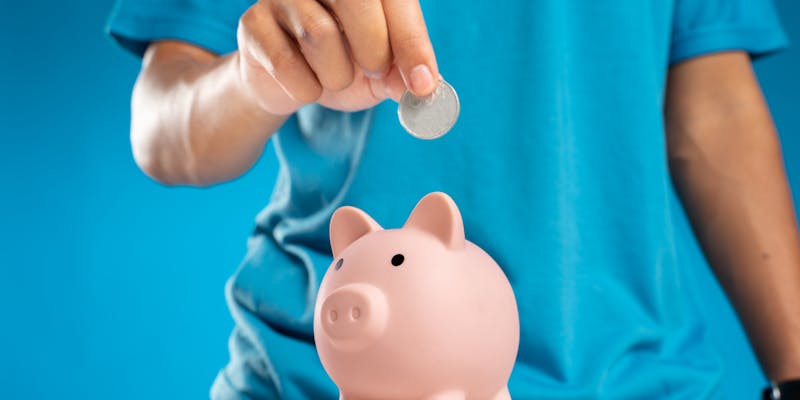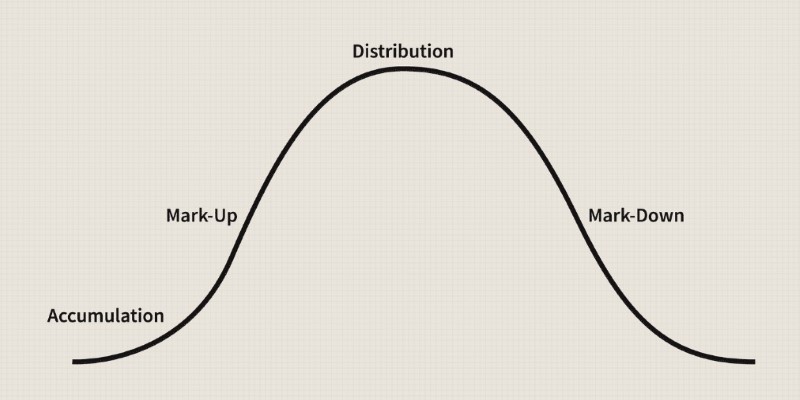At any age, a strong savings account is crucial, but inflation makes it difficult to save money. According to research, over half of 4,800 respondents had no savings, and many had less than $500. You can boost your savings with money savers even if you're in a similar circumstance. With little preparation and discipline, you can learn how to save money; you may progressively save more and prepare for financial crises.

A change in behavior, such as cutting back on spending or discovering a new investment, might boost your savings rate. Here are a few options you can consider:
One of a savings account's main benefits is the interest. However, interest rates vary widely between banks, so switching banks may increase your money's interest and balance growth. Since everyone's bank accounts automatically deposit salaries and pay bills, switching banks may take time.
However, changing banks and resetting routine deposits and payments can optimize savings. Online savings accounts may also help. If you'd prefer not to switch banks, open an online savings account in addition to your checking and savings accounts. Online banks can provide higher interest rates because they dont have actual bank locations. Your spare money can grow there for years. Several banks offer new account holders bonuses.
Money savers can change your diet and grocery shopping habits to save more. The U.S. Department of Agriculture reports that most people spend more than 10% of their discretionary income on meals, with nearly half going out. A meal plan and careful grocery shopping may help you eat out less and save more money. Shoppers may save money quickly at the grocery store. It is normal to buy generic products to save 25% to 33% or more, as long as you are getting the same basic item. The expense might rise quickly.
Insurance bills may consume a lot of your income. Auto insurance costs under $1,200, and home insurance costs about $1,300 annually. Always go for car insurance discounts as they are great because they help you to save money and live better. Raising your deductible may additionally help. According to the Insurance Information Institute, increasing the vehicle coverage deductible from $200 to $500 could reduce charges by 30%. Switching from a $200 deductible and $1,200 premium to a $1,000 deductible can also lower your annual premium to $720 or less.
Comparing insurers, money saver accounts, and shopping around can help. Many insurance companies evaluate good credit, a driver's education, and a clean driving record when calculating rate savings. Savings are available if you insure many vehicles, homes, and lives with the same company.
Increase your income to save more without failing, and learn how to save money wisely on the side. Check the average yearly pay of persons in your position; if it's greater, you may wish to request a raise. It is recommended that you try a new job, too. Multiple studies show that changing occupations can yield a greater increase than asking one. According to ADP, employees who stay put earn 7.3% more per year, while those who switch jobs earn 15.4% more.
Another Pew Research study found that 60% of individuals who transferred jobs between April 2021 and March 2022 saw wage increases, whereas only 47% of job holders can say that. When cash is tight, saving is hard regardless of what you do. If you are living paycheck to paycheck, it can be well worth finding a better job or negotiating a raise. You can still make all your payments and shop, pay off debt, or make investments.

A second job, even part-time, is as viable as changing careers. You can consider joining a site that pays you to watch movies, do surveys, or evaluate the website's usability. To save money and live better, you can even consider driving for Uber, DoorDash, or Lyft. Branded surveys, Amazon Mechanical Turk, and Swagbucks. VRBO and Airbnb let homeowners rent their houses for money, and if you have spare property, this would be ideal. In 2021, Airbnb hosts earned about $14,000.
Your home's features may offer additional income-generating methods. Swimply, Neighbor, SpotHero, and Spacer can help you make extra money by renting out your pool or excess storage or parking space. Just last year, it was estimated that Spacer hosts earn $200 per month.
Many credit cards provide incentives or cash back to save money and live better, which you can use to save. Using the card frequently can boost your savings, with cash-back rates ranging from 5% to 8%, depending on the issuer.
Transportation costs a lot and gas, cars, insurance, and payments are pricey. J.D. Power reports that Americans spend about $5,000 on petrol annually. If possible, take public transit to save money on transportation and save more. Doing this every day on the way to work would have the most impact, but taking the bus occasionally can help.
Carpooling to work, school, or after-school events is another option to save money and live better. Changing your midsize SUV's annual mileage from 20,000 to 15,000 might save you $1,400. Your savings depend on your car type, distance, and carpooling frequency. According to AAA, reducing mileage to 10,000 saves almost $2,800.
Start by listing all your subscriptions and memberships. Examples include subscription boxes, fitness center subscriptions, and streaming services like Apple TV, Spotify, Netflix, and Hulu. Then, see how much you are paying monthly for each.
If you haven't used any of the subscription recently, cancel or suspend it. The additional money can be saved and earned interest. Reduce your use of dual-purpose services like video and music streaming. Without Apple Music, YouTube Music, or Spotify, you're wasting $10$20 a month.
By Gabrielle Bennett /Sep 23, 2024

By Verna Wesley/Aug 30, 2024

By Aldrich Acheson/Aug 25, 2024
By Maurice Oliver/Sep 18, 2024

By Pamela Andrew/Sep 16, 2024

By Georgia Vincent/Sep 07, 2024

By Susan Kelly/Sep 05, 2024
By Celia Shatzman/Sep 20, 2024

By Madison Evans/Sep 18, 2024

By Vicky Louisa/Aug 25, 2024
By Elena Davis/Sep 23, 2024

By Paula Miller/Sep 23, 2024